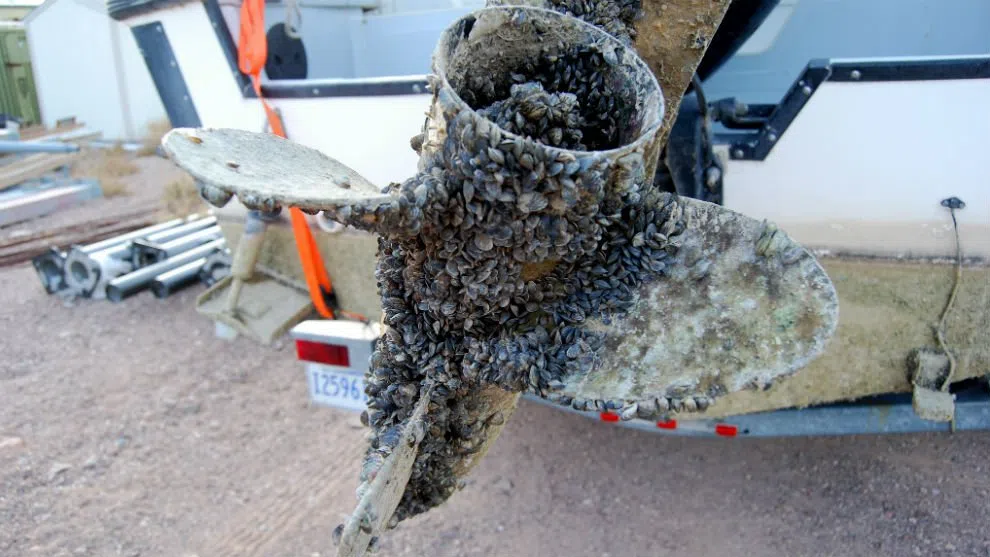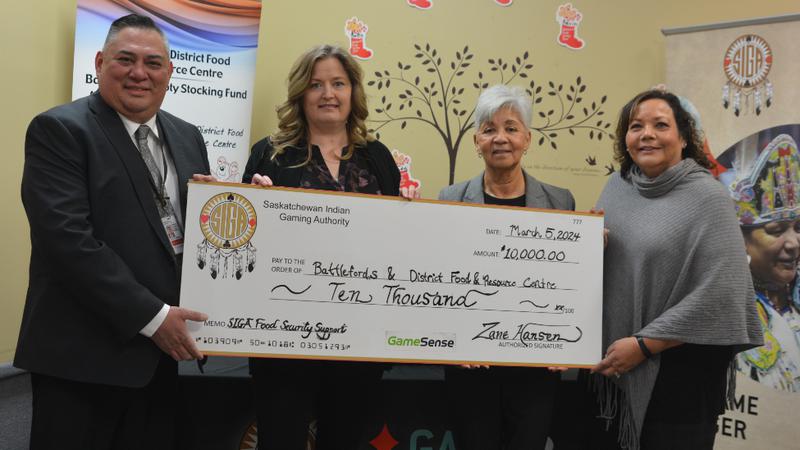
Western provinces join forces to fight aquatic invasive species
Saskatchewan will be working together will Alberta, Manitoba, British Columbia and the Yukon Territory to defend lakes and rivers from invasive species.
Environment Minister and Battlefords MLA Herb Cox said a coordinated effort against invasive species is essential, because communication between jurisdictions will make for a better defended area as a whole.
“It just allows us to share information, to share resources and to share expertise…To plot a coordinated effort to keep the aquatic invasive species out of our waterways because if they get in, with the example of zebra and quagga mussels, there is no way that we know of at this time to eradicate them, so our best defense at this time is prevention,” he said.
Zebra and quagga mussels are prominent examples of invasive species, as they can multiply quickly, making them difficult to control. Cox said they eliminate the good algae, which is what fish and other aquatic creatures eat. This affects the fish population, which then affects sport-fishing. Cox worried a mussel problem in Saskatchewan lakes could affect tourism.


